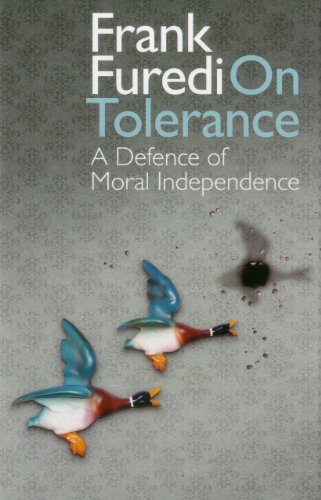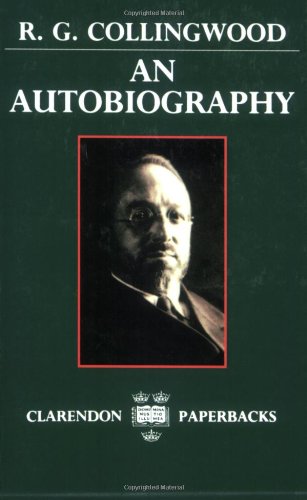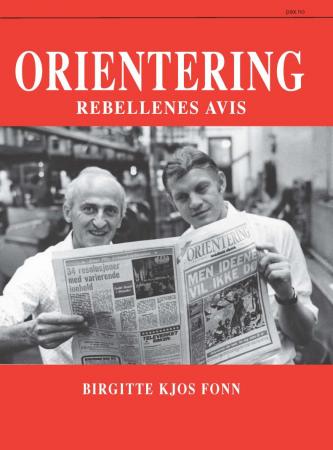The Trouble With Harry (1955, USA, Hitchcock)
It was easier to hate Hitchcock back in the early 50s, when his old formulas were getting stale, but something has changed. They’re all hits now. Hard as I try, I am unable to find an excuse to hate them. It’s very frustrating. I think I’ll have to become a .. *shudder* .. fan. Watched it all.
The McConnell Story (1955, USA)
This is the earliest war movie I’ve seen that is centered around the jet plane. The sound when they fight is terrifying. It’s the sound of war birds, roaming the skies to defend the free world and/or bomb the local peasants. It’s the sound of the second half of the 20th century. Watched 5 minutes.
Himmel ohne Sterne (1955, West Germany)
All the German post-war movies I’ve come across so far have been East German. This is the earliest I’ve seen from the West, and it’s one of those honest, quiet movies countries sometimes make about their great tragedies. The characters stand between two traumas: The memory of friends and family lost in the War, and now the division of family and friends between East and West. Watched it all. It’s even more moving in retrospect: Decisions lightly made in the late 40s, were final.
Man Without a Star (1955, USA)
Kirk Douglas, the greatest rogue and/or asshole of his age. Watched: 14 minutes. All non-brilliant Westerns should open with a Frankie Laine song, to compensate.







